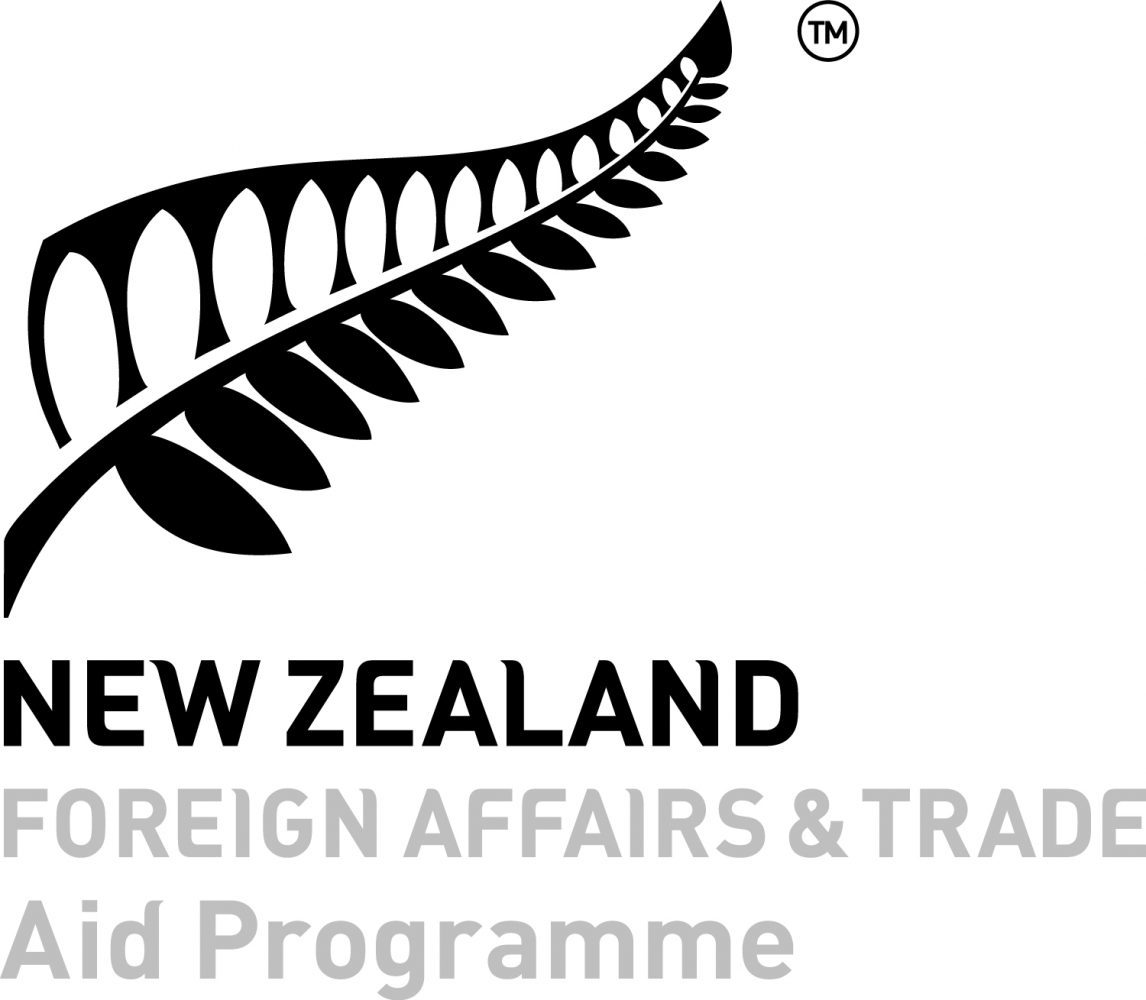Chicken rearing is improving the nutrition and boosting incomes for families in a remote part of Papua New Guinea.
The people of Henagaru Village in the Eastern Highlands Province of Papua New Guinea used to view village chickens as a ‘decoration’ rather than an important source of protein.
The birds were often not properly fed or housed at night which meant many of them died by predation by dogs or hawks, or were unhealthy and didn’t produce many eggs. Only a handful of people in Henagaru kept chickens, with only 50 chickens in a community of 400 people.
Improving Diet
Although a wide range of food crops are grown in the area (including sweet potato, bananas, taro, beans and pumpkin), the lack of animal protein intake was an issue. With this in mind, Henagaru Village Development Cooperative (HVDC), a local community organisation, sought support from Oxfam’s Livelihoods Programme — which is funded by Oxfam supporters and the New Zealand Aid Programme — to implement a village poultry project to improve people’s nutrition.
Poultry Skills
Elma Seseume and her husband Steve have kept a few scrawny chickens since 2010. Steve and Elma took part in poultry training sessions run by Oxfam and the National Agriculture Research Institute in March 2014. They were also supplied with two roosters and 10 hens.
They were trained how to construct strong poultry houses, nest boxes for hens to lay eggs and brooders for the chicks. Once the eggs hatch, the chicks are removed from the hen and kept separately in the brooder to protect the young birds from the cold and predation, thereby improving their survival rate. The nest boxes protect the eggs and allow the hens to successfully hatch all the eggs. They’ve also paid more attention to feeding the chickens a balanced diet and now provide them with a source of clean, fresh water.
Housing and managing their flock has reduced the risk of predation and increased the flock from 12 birds to a manageable 60.
A Sustainable Food Source
Just 10 months later the Seseumes have sold 122 chickens, earning K1830 (NZ$905), double their normal annual income. They have eaten numerous chickens and eggs themselves — much to the family’s satisfaction, and are saving money because they no longer buy tinned fish for protein. They have also been able to give away birds for cultural and social reasons. The family appreciate that village chickens can be an important source of protein for Henagaru’s community.
 Along with the other 110 Henagaru farmers trained in raising poultry, Elma and Steve have been able to provide an important source of protein and food security for their family and the Henagaru community. Steve said: “We have seen the benefits of what village chickens can do to our lives and have really appreciated HVDC and Oxfam for changing our lives.”
Along with the other 110 Henagaru farmers trained in raising poultry, Elma and Steve have been able to provide an important source of protein and food security for their family and the Henagaru community. Steve said: “We have seen the benefits of what village chickens can do to our lives and have really appreciated HVDC and Oxfam for changing our lives.”
This programme is supported by the New Zealand Aid Programme.
- Follow updates on Oxfam’s work in Papua New Guinea





